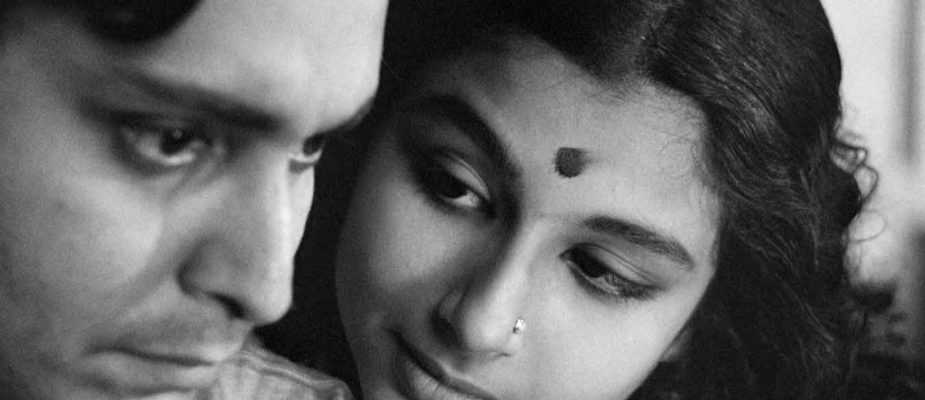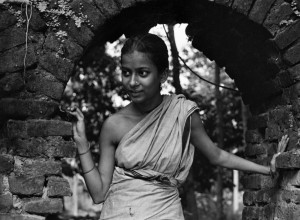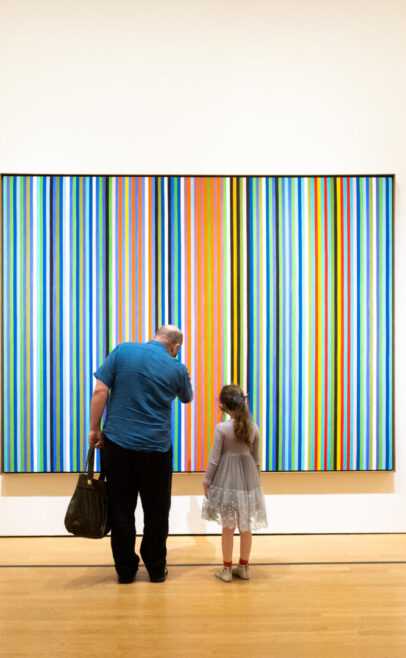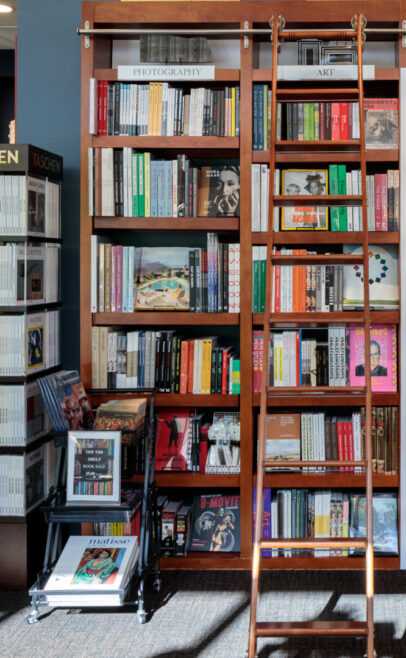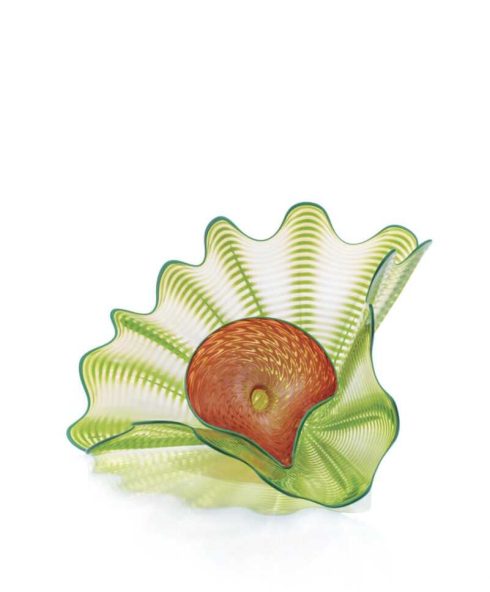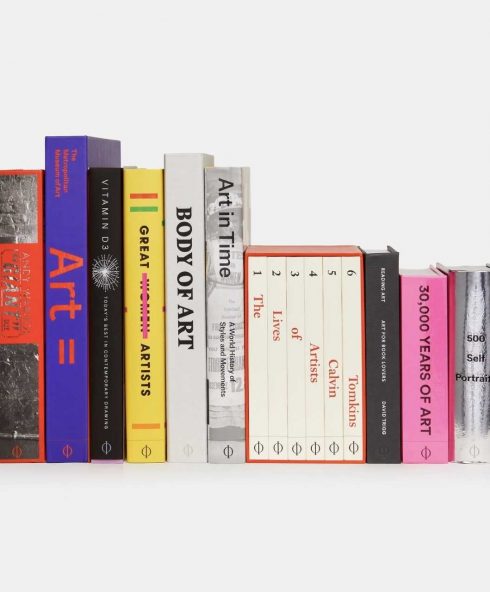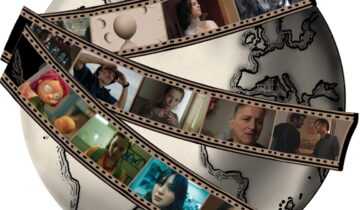Screening over three consecutive nights at the Noble Theater (Thurs., June 4-Sat., June 6, at 8 p.m. each night), Satyajit Ray’s The Apu Trilogy (1955-1959) inaugurated a new, alternative form of Indian cinema that captured the attention of the West almost immediately–a mode of ethnographic observation and humanistic pathos that completely eschewed the ‘Bollywood’ song-and-dance idiom that even then dominated at the Hindi box office. Ray’s art looked to the West, to the neorealist movement (Rome, Open City and Bicycle Thieves) that developed in Italy during the postwar years, with its reliance on location shooting, working-poor subjects, non-professional actors and (as is too infrequently acknowledged) melodramatic narrative arcs. Neorealism, in essence, provided a template for filming India’s extreme deprivation, in a manner that would export easily beyond its national boundaries. The filmmaker also found inspiration in the cinema of French master Jean Renoir (son of Pierre-Auguste), who filmed one of his late masterpieces, Indian-American co-production The River (1951), in Calcutta. Ray became acquainted with Renoir during that visit, and was encouraged by the great French director to pursue his dream of filming Pather Panchali (1955). The River accordingly would also prove an important source for Pather Panchali, Ray’s debut, as it introduced a specifically Hindu sense of temporality and loss within its larger Western framework. Between these two sources, Ray discovered that the material realities of his nation and the belief systems of its people could find moving expression in an art that would prove both exotic and familiar, for opposite reasons, to those both inside his nation and abroad.
Pather Panchali, not just the first film in the trilogy, but the reason for its existence in the first place–it was only because of the film’s exceptional international success that Ray pursued a sequel at all–is set in a remote corner of rural Bengal (eastern India) before 1920. With her husband earning a scant living as a priest, Sarbajaya (Karuna Banerjee) raises their daughter Durga (Uma Dasgupta, pictured) and son Apu (Subir Banerjee), who will be born shortly after the film begins. In the picture’s opening scene, Durga is spotted stealing fruit for her elderly, toothless, pretzel-shaped auntie Indir Thakrun (Chunibala Devi), a comedic figure whose remorseless self-interest presents a constant source of contention for the long-suffering Sarbajaya. Pather Panchali will prove to be their story as much or more than it will Apu’s, in this introductory installment, that is. Pather Panchali can be read, at least in part, as the story of Durga’s maturation from the carelessness of childhood to marrying age–which as her child-bride friend attests, comes far too early in traditional Bengal society. Though it is at times subtle, there does exist an inherent if not unmistakable (proto-feminist) social criticism at work in Ray’s films, one that will impact that classically tragic arc of the writer-director’s first installment, and indeed those that will follow.
Narratively, Ray infuses his work with substantial passages of down-time, when his story-line seems to pause in order to observe and thus reveal the exotic (for Western audiences) details and rituals of the Roy family’s daily existence. (Actually, it is almost unthinkable that anyone who might manage to see the film could identify with the pre-modern life presented on screen, though Apu’s story might just attest otherwise.) Pather Panchali, once again, is an ethnographic cinema, an art that grants access, through the perspective of his under-class heroes, to some of the most culturally and materially remote lived experiences that the medium has ever presented–no doubt one explanation for the film’s extraordinary critical and popular art-cinema success. Yet, it is a world that is already disappearing in the film–like Durga’s childhood, and other more acute figures of loss–as we see in the picture’s marvelous (and mysterious, from Apu’s disoriented perspective) locomotive set-piece. In Ray’s hands, this symbol for modernity becomes an emblem for mortality likewise, an interpretation that will be reinforced with the appearance of Indir motionless in the forest immediately thereafter. Pather Panchali is a film of loss, a film of mortality–and of course, in collaboration with installments two and three in particular, a film (or films) about India.
Though Ray does rely heavily on the act of observation, this is not to suggest that he is unconcerned with the interior life. Much to the contrary, Pather Panchali explores the life of the mind and soul through a two-fold strategy that makes use of Ravi Shankar’s whining instrumentation and moments of climatic and stylistic rupture that expressionistically bare witness to the inner lives of the film’s characters (as, most dramatically perhaps, during a late thunderstorm that ravages the Roy homestead). Passing fluidly between an outward naturalism and an ingrained expressionism, between the material world and the life of the mind, Pather Panchali manages therefore to retain much of what makes the Popular Indian cinema so distinctive–that is, an art crafted to depict the spirit–albeit in a form that again verges on the Western. And like the best of its models, which is to say like the best of Renoir, Roberto Rossellini and Vittorio de De Sica, it is a cinema that is defined by lyricism, by a dense canopy of sound and silky black-and-white compositions that stand as their own sensually rich justifications. Almost needless to say, Pather Panchali is a very beautiful film to behold–and on no occasion more than in Janus’s 4-K digital restoration, which again will be screening this Thursday through Saturday only.
Needless to say too that Pather Panchali is a masterpiece, or that its exceptional successors, Aparajito (1956) and Apur Sansar (1959), deepen the experience of the first, finding countless points of interconnection, while mapping the multitudinous experiences of a nation in the throes of modernism–one of cinema’s most reliable and definitive subjects–as Apu leaves an almost unthinkable rural poverty for the life of a disaffected modern intellectual, by way of India’s swarming slums. Apu is archetype–at the very time of Mother India (1957) no less–within a trio of titles that above all standout for their extraordinary and poetic sense of the particular.
